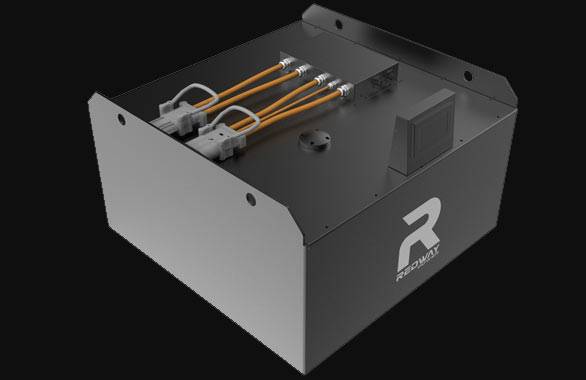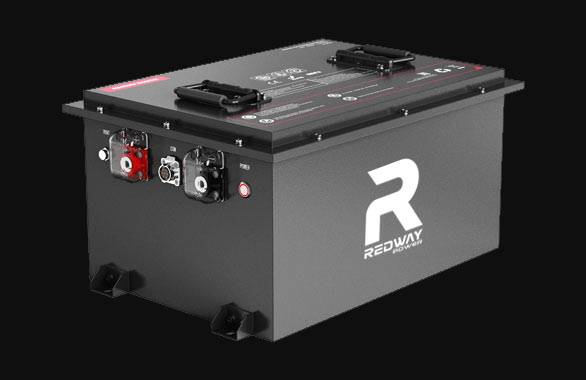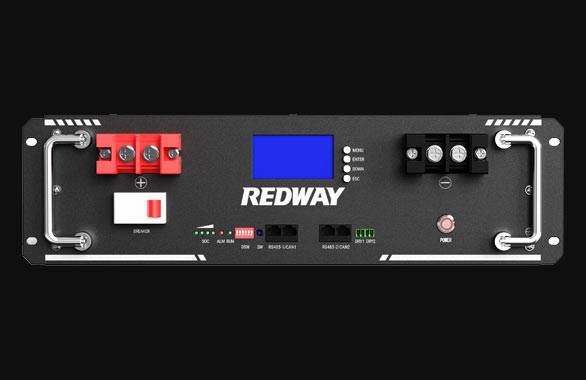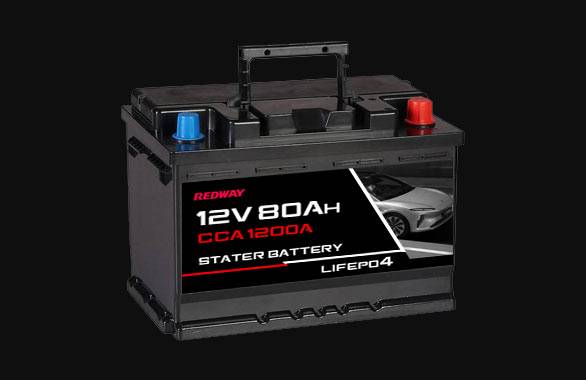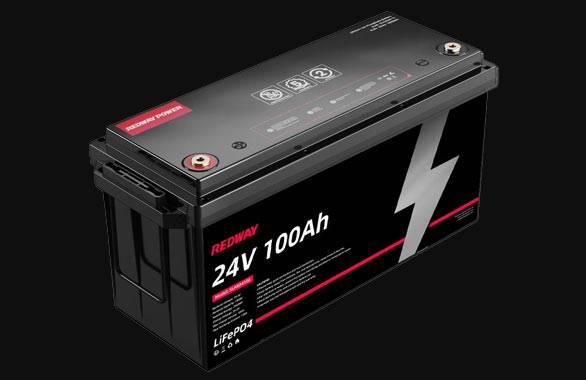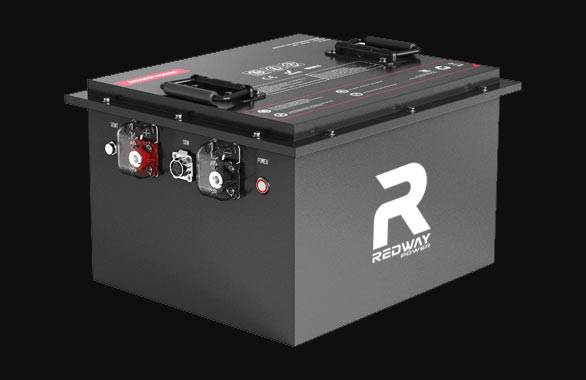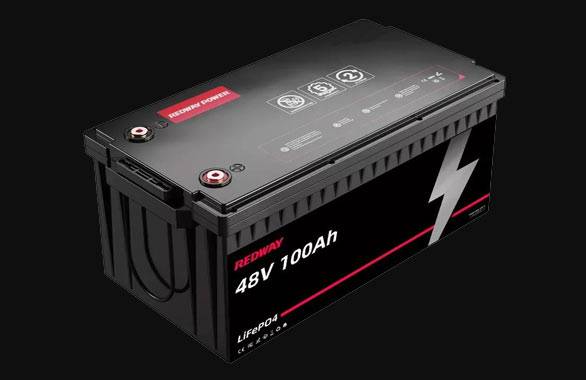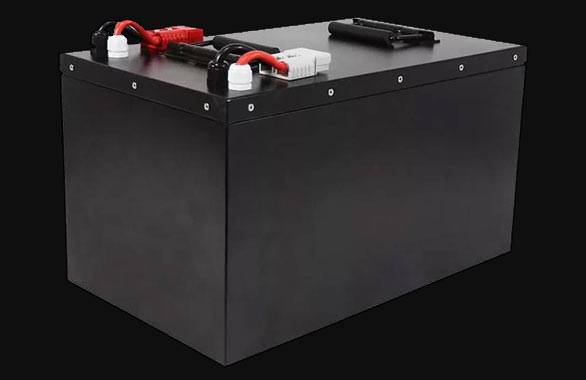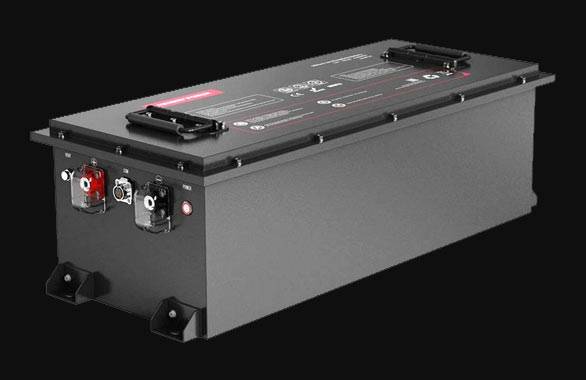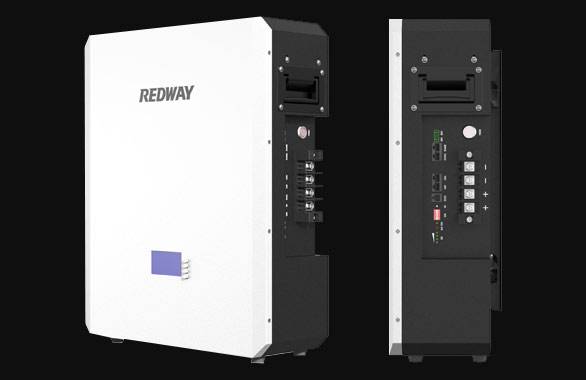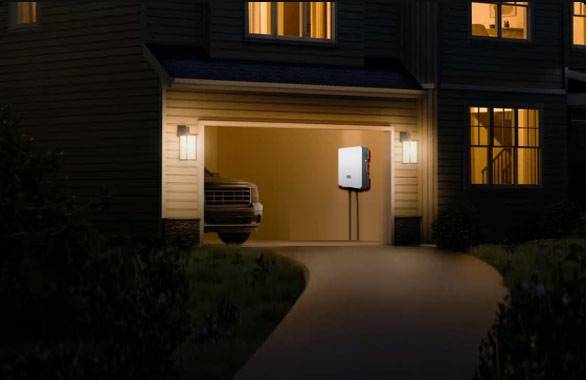- Forklift Lithium Battery
- Golf Cart Lithium Battery
- Rack-mounted Lithium Battery
51.2V 100Ah Rackmount LiFePO4 Battery
8000 times (80% DOD 0.5C)
Optional SNMP for TELECOM - Car Starter Battery
- 12V LiFePO4 Battery
12V 150Ah Lithium RV Battery
Bluetooth App | Self-heating
LiFePO4 | Group 31
UL 1642 | IEC 62619 - 24V LiFePO4 Battery
- 36V LiFePO4 Battery
- 48V LiFePO4 Battery
- 60V LiFePO4 Battery
60V 100Ah Lithium Battery (AGV, AMR, LGV)
Peak Discharge Current 400A
500 x 298 x 349 mm - 72V~96V LiFePO4 Battery
72V 100Ah Lithium Golf Cart Battery
Peak Discharge Current 315A (10S)
740 × 320 × 246 mm - Wall-mounted Lithium Battery
51.2V 100Ah 5kWh
Wall-mounted Battery532 x 425 x 170 mm / LiFePO4
>8000 Cycles (80% DOD 0.5C)
RS485 / CAN-bus
for Solar Home ESS - Home-ESS All-in-One
51.2V 32kWh
All-in-On HESS SystemPowerAll
51.2V / LiFePO4
>8000 Cycles (80% DOD 0.5C)
RS485 / CAN-bus / WiFi
All-in-One for Home ESS
What Are the Regulations and Usage Guidelines for Golf Carts in Indiana?

In Indiana, golf carts can be driven on public roads where local ordinances permit it, typically those with speed limits under 25 mph. Registration may be required, along with liability insurance. Compliance with safety equipment standards such as lights and reflectors is also essential for legal operation.
Golf carts in Indiana are subject to a mix of state laws and local ordinances that regulate their operation on public roads. Generally, golf carts are allowed on roads with speed limits of 35 mph or less, require proper safety equipment, and must be operated by licensed drivers. Registration, insurance, and adherence to traffic laws are also mandated in many jurisdictions, ensuring safe and legal golf cart use.
What Are the Basic Speed and Roadway Restrictions for Golf Carts in Indiana?
Golf carts may only be driven on roads where the posted speed limit is 35 miles per hour or less. Crossing roads with higher speed limits is allowed only at right angles and where permitted by signage. Golf carts are prohibited on interstate highways and major thoroughfares.
What Safety Equipment Is Required on Golf Carts?
Golf carts must be equipped with headlights, taillights, turn signals, mirrors, and a slow-moving vehicle (SMV) emblem. Between sunset and sunrise, carts must display one of the following: SMV sign, bicycle flag, or rear flashing light. Brakes and parking brakes must be in good working order.
Who Is Eligible to Operate a Golf Cart on Indiana Roads?
Operators must be at least 16 years old and possess a valid driver’s license issued by Indiana or another jurisdiction. Learner’s permits are generally not accepted. Drivers must obey all traffic laws, yield to pedestrians and bicycles, and drive responsibly.
Are Golf Carts Required to Be Registered and Insured?
Many Indiana cities and counties require golf carts to be titled, registered, and insured as low-speed vehicles (LSVs) or neighborhood electric vehicles (NEVs). Registration involves submitting paperwork and fees to the Bureau of Motor Vehicles (BMV) and may require vehicle inspection.
What Are the Rules Regarding Golf Cart Operation in Poor Visibility or Unsafe Conditions?
Golf carts must not be operated when visibility is impaired by fog, heavy rain, smoke, or insufficient lighting to see objects 300 feet away. Operators must yield to faster vehicles and pull off the roadway to allow traffic to pass safely.
Where Are Golf Carts Prohibited from Operating?
Golf carts are not allowed on sidewalks, bike paths, interstate highways, or roads with speed limits exceeding 35 mph, except for crossing at designated intersections. Some local ordinances may further restrict golf cart use on specific streets.
How Does Redway Power Support Indiana Golf Cart Owners?
Redway Power provides high-quality lithium battery packs designed for golf carts, ensuring reliable power and compliance with safety standards. Their expert support helps owners maintain and upgrade batteries for optimal performance within regulatory frameworks.
Indiana Golf Cart Regulations Summary Chart
| Regulation Aspect | Requirement/Restriction | Purpose |
|---|---|---|
| Speed Limit | Operate only on roads ≤ 35 mph | Safety and compatibility |
| Safety Equipment | Headlights, taillights, turn signals, mirrors | Visibility and signaling |
| Operator Age & License | Minimum 16 years, valid driver’s license | Legal operation |
| Registration & Insurance | Required in many areas as LSV/NEV | Accountability and safety |
| Visibility Conditions | No operation in poor visibility | Prevent accidents |
| Prohibited Areas | No highways, sidewalks, bike paths | Safety and traffic flow |
Overview of Golf Cart Regulations in Indiana
What Defines a Golf Cart?
According to Indiana law, a golf cart is defined as a four-wheeled motor vehicle designed primarily for transporting individuals and golf clubs on a golf course. This definition includes both electric and gas-powered carts.
General Legal Requirements for Operation
To operate a golf cart legally on public roads in Indiana, certain conditions must be met:
- The cart must be registered as a low-speed vehicle (LSV) or neighborhood electric vehicle (NEV).
- A valid driver’s license is required to operate the vehicle.
- Compliance with local traffic regulations is mandatory.
Registration and Licensing Requirements
How to Register a Golf Cart in Indiana
To register a golf cart, owners must:
- Obtain a vehicle identification number (VIN).
- Complete the registration process with the local Bureau of Motor Vehicles (BMV).
- Provide proof of insurance.
The registration fee varies by municipality, but it typically ranges from $12 to $25 annually.
Necessary Driver’s License Information
Only individuals holding a valid motor vehicle driver’s license may operate golf carts on public roads. This ensures that operators are familiar with traffic laws and safe driving practices.
Safety Equipment and Modifications Needed
Essential Safety Features for Compliance
Indiana law requires that golf carts operating on public roads be equipped with specific safety features:
- Headlights and taillights.
- Brake lights.
- Turn signals.
- Rearview mirrors.
- A slow-moving vehicle sign.
These features are crucial for visibility and safety when sharing the road with other vehicles.
Modifications to Make Golf Carts Street Legal
To ensure compliance with state laws, modifications may include:
- Installing necessary lighting systems.
- Adding seat belts.
- Ensuring that the cart meets local speed regulations (typically not exceeding 35 mph).
| Feature | Requirement |
|---|---|
| Headlights | Required |
| Taillights | Required |
| Turn Signals | Required |
| Seat Belts | Recommended |
Local Ordinances Affecting Golf Cart Use
Variations in Regulations Across Indiana
While state laws provide a framework, individual cities and towns may enact their own ordinances regarding golf cart usage. These can include additional restrictions or requirements specific to local conditions.
Case Studies of Local Laws and Their Impacts
For example:
- In Gas City, operators must register their golf carts annually and provide proof of insurance.
- In Noblesville, specific neighborhoods allow golf carts on designated streets under certain conditions.
Best Practices for Safe Operation of Golf Carts
Safety Tips for Operators and Passengers
- Always wear seat belts if available.
- Follow all traffic signs and signals.
- Avoid operating at night unless equipped with proper lighting.
Regular Maintenance Practices to Follow
Regular maintenance is essential to ensure safety and reliability:
- Check tire pressure regularly.
- Inspect brakes, lights, and other safety equipment before use.
- Keep the battery charged and maintain fluid levels where applicable.
Latest News on Golf Cart Regulations
Recent discussions among lawmakers in Indiana have focused on updating regulations governing golf cart use to enhance safety measures. Proposals include stricter enforcement of safety equipment requirements and clearer guidelines on where golf carts can operate within municipalities.
Battery Manufacturer Expert Comment
“Understanding local regulations is crucial for safe operation of golf carts in Indiana. As these vehicles become more popular, it’s important that operators stay informed about both state laws and local ordinances to ensure compliance.”
Frequently Asked Questions (FAQ)
Q: Can I drive my golf cart on any public road in Indiana?
A: No, you can only operate your golf cart on public roads where local ordinances permit it, typically those with speed limits not exceeding 35 mph.Q: Do I need insurance for my golf cart?
A: Yes, proof of insurance is required when registering your golf cart in Indiana.Q: What modifications do I need to make my golf cart street legal?
A: You need headlights, taillights, turn signals, rearview mirrors, seat belts, and possibly other features depending on local regulations.


